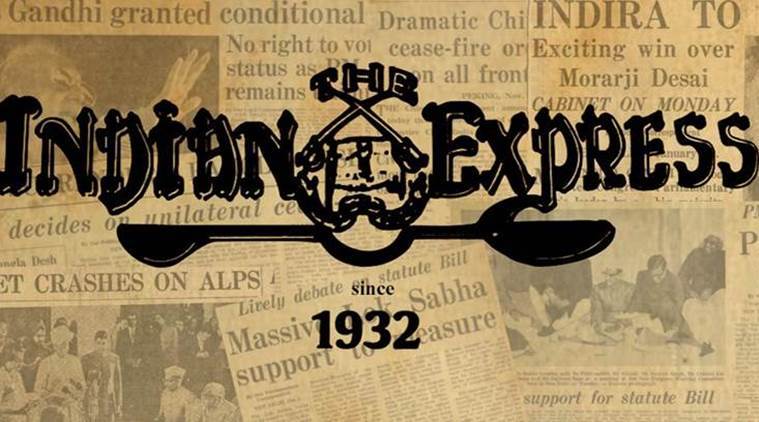Opinion Imran’s new innings
From restoring Pakistan’s civilian-military balance to improving relations with India, the new PM’s challenges are many.
 But check with anyone who has been a regular on the cricket circuit for the last few years, and they will tell you that this isn’t about the captain’s mis-interpretation of patriotism.
But check with anyone who has been a regular on the cricket circuit for the last few years, and they will tell you that this isn’t about the captain’s mis-interpretation of patriotism.  Will Imran Khan be able to create enough jobs for those who are being persuaded by UN designated groups or individuals that jihad and terrorism against neighbours are the best career options?
Will Imran Khan be able to create enough jobs for those who are being persuaded by UN designated groups or individuals that jihad and terrorism against neighbours are the best career options?
In his first speech to the Pakistan National Assembly after being elected by the House as the prime minister, Imran Khan said he had struggled for 22 years to get to where he was. But he must know too that he is now at the start of a new struggle, to deliver his promise of a Naya, or “new” Pakistan. The expectations of those who voted for him are high, but the challenges are steep too. The economy is in such bad shape that it may stymie every populist promise he made during the election campaign. With the Pakistan Tehreek-i-Insaf short of a simple majority, his government will be dependent on smaller parties. The country’s civilian-military imbalance, which along with the emergence of an activist judiciary post-2007, has claimed every democratically elected PM before their term ended. India, the region and the world, will be watching him closely to see how he deals with this overloaded plate.
Can Imran Khan’s welfare state rhetoric change the security state that Pakistan is today? Will he be able to create enough jobs for those who are being persuaded by UN designated groups or individuals that jihad and terrorism against neighbours are the best career options? Can he wrest foreign policy and national security policy from the grip of the military? Does he even want to? His initial remarks, on improving relations with a host of countries in which China figured at the top and India at the end, gave no clue about the details. Irrespective of the ordering, India and the new prime minister of Pakistan have before them the task of rescuing India-Pakistan relations from the binary of terrorism-Kashmir that has kept the two sides away from dialogue. His foreign minister Shah Mahmood Qureshi has declared that India and Pakistan have no option but to talk, and that India must give it serious consideration.
Yet, the allegation by Pakistan of a ceasefire violation on the LoC on the new PM’s very first day in office, and the Pakistan Foreign Office’s consequent summoning of the Indian deputy high commissioner, is a reiteration of what the new normal is for India-Pakistan relations. Punjab Minister Navjot Singh Sidhu was right to break out of the mute acceptance of this and attend Imran Khan’s swearing-in ceremony. It was neither “anti-national” nor “disloyal” to do so on a day India mourned the passing of Atal Bihari Vajpayee. On the contrary, it was a reminder of how the late prime minister resuscitated India-Pakistan relations at a critical moment. Sidhu, in fact, spoke for a large constituency in both countries that wants peace between the two countries instead of this dangerous and debilitating limbo called no war-no peace.





